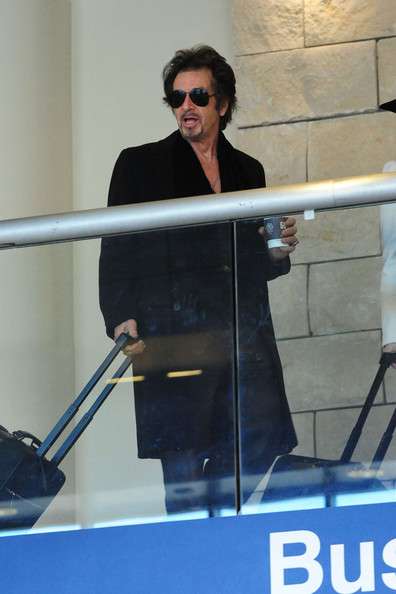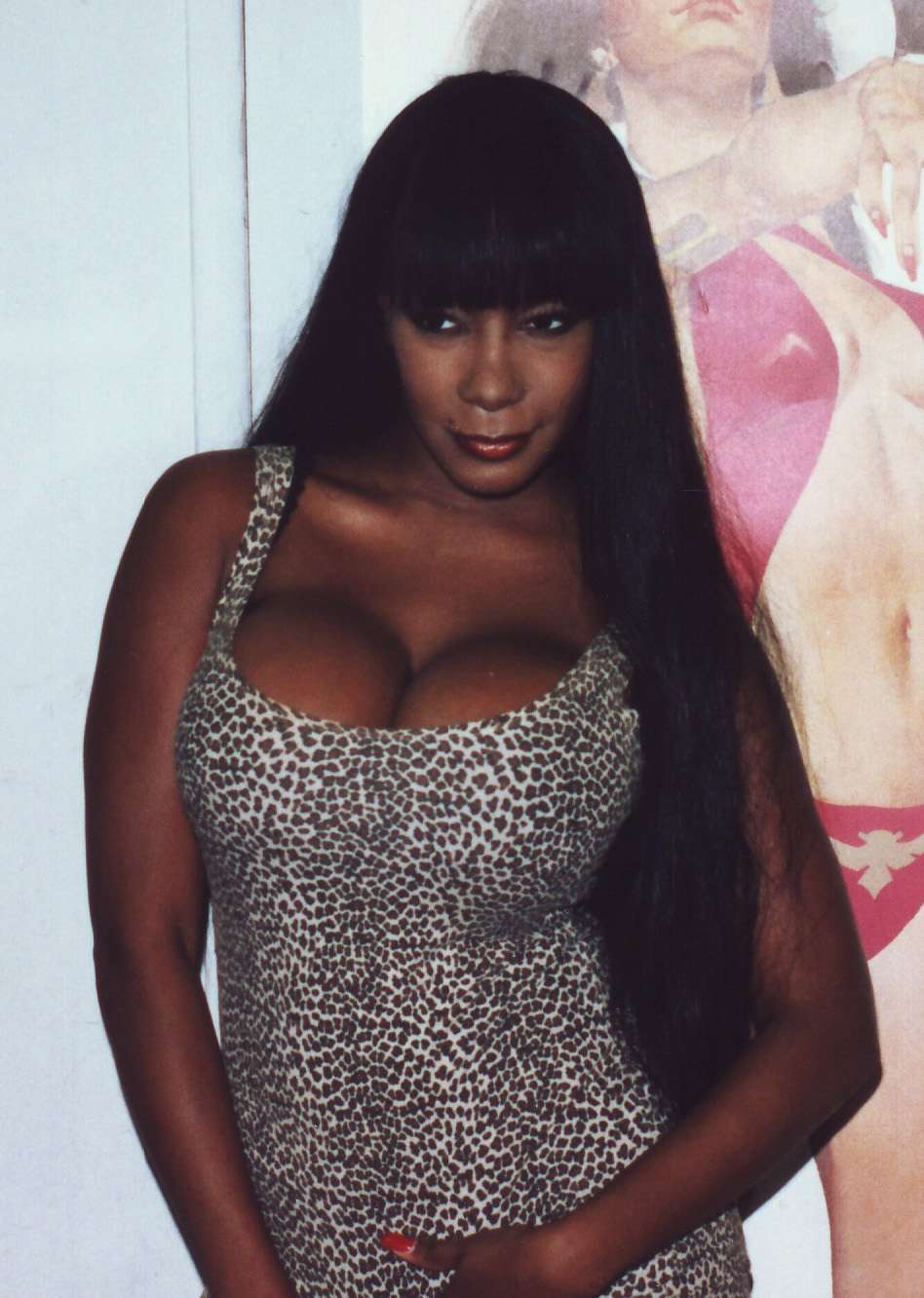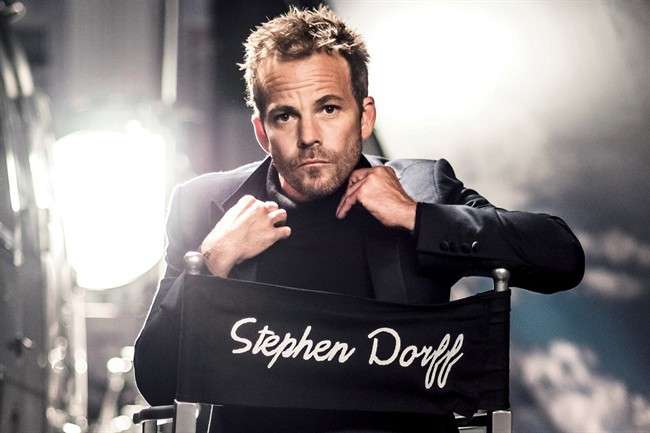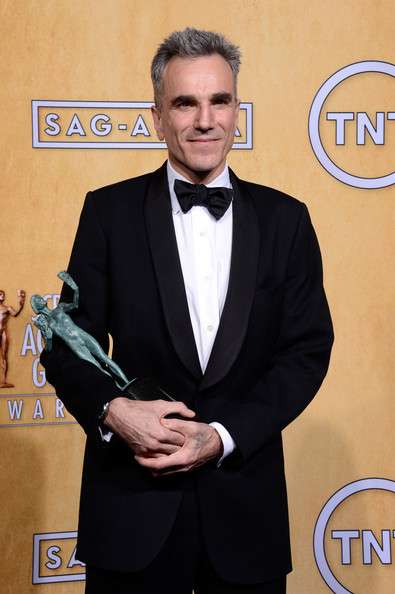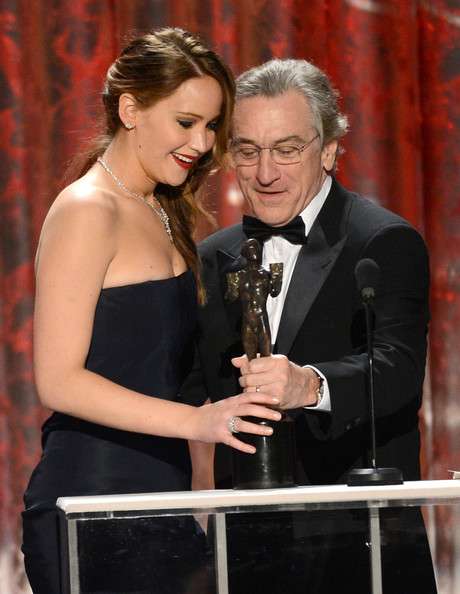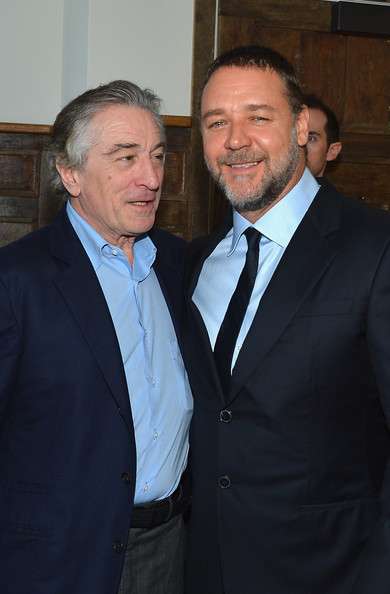Secondo il consueto Total Recall di “Rotten Tomatoes”, questi i film, con corrispettivo punteggio “critico”, dei migliori film di Al Pacino.
In ordine decrescente, riportiamone letteralmente l’analisi.
10) Donnie Brasco. By 1997, gritty Al Pacino dramas about the never-ending struggle between law enforcement and organized crime were essentially a genre unto themselves, but Mike Newell’s Donnie Brasco gave it just enough of a fresh twist to justify its own existence. Based on the true story of FBI agent Joe Pistone (played here by Johnny Depp), Brasco sensitively portrays his long, painful struggle to bring down the Mafia — even at the expense of his friendship with Lefty Ruggiero, the low-level hitman played by Pacino, whose unwitting association with an undercover agent will all but certainly end his life. Admitting that it’s “perhaps familiar in its outer trappings,” Variety’s Todd McCarthy countered that “Pacino’s fine work is the key to the film succeeding to the extent that it does.”
9) Scent of a Woman. Get yer hoo-ahs out — the Academy certainly did, awarding Pacino his first Best Actor Oscar after four previous nominations. Given that those nominations included The Godfather, Part II and Dog Day Afternoon, it’s tempting to say Pacino benefited from a little late-career grade inflation, but there’s no arguing that it’s his performance that elevates this Martin Brest-directed dramedy about a prep school student (Chris O’Donnell) who takes a job looking after a blind, alcoholic retired Army Ranger. “By the end of Scent of a Woman, we have arrived at the usual conclusion of the coming-of-age movie, and the usual conclusion of the prep school movie,” admitted Roger Ebert. “But rarely have we been taken there with so much intelligence and skill.”
(otto… per mille, no, non è cattolico) Scarface. Scarface director Brian De Palma was inspired by Howard Hawks and Richard Rosson’s 1932 gangster picture of the same name, but where the earlier version was a relatively straightforward morality play, De Palma’s ’80s update offered viewers a far more lurid take on the rags-to-bullets tale of crime kingpin Tony Montana. Garishly violent and gleefully profane, Scarface endured an extended battle with the MPAA before bowing to decidedly mixed reviews, but it was a fairly sizable commercial hit — and critics have come around over the years, helping cement its status as an eminently quotable classic of over-the-top ’80s crime cinema. “The dominant mood of the film is anything but funny,” observed Vincent Canby of the New York Times, one of the few major contemporary critics to praise the film during its initial release. “It is bleak and futile: What goes up must always come down. When it comes down in Scarface, the crash is as terrifying as it is vivid and arresting.”
7) Serpico. Pacino received his first Best Actor Oscar nomination for his work in this Sidney Lumet crime drama — his second brush with the Academy during a torrid span that saw him earning some sort of Oscar nomination every year between 1972-75. While it was far from his biggest hit of the decade, it contains some of his strongest work, anchored by Lumet’s sensitive direction and a Waldo Salt/Norman Wexler screenplay inspired by the real-life story of an NYPD officer whose efforts to root out corruption in the police force were met with life-threatening resistance. Calling it “One of the best films of our time, and our grandkids’ time,” Moviehole’s Clint Morris marveled, “Serpico is pure Pacino, powerful as hell.”
6) Insomnia. Pacino has played an awful lot of cops during his career, but arguably none more complex than Insomnia‘s Will Dormer, the officer whose murky past and tortured conscience can’t erase the fact that he’s a formidably dogged investigator. Dragged out of L.A. and into a gloomy corner of Alaska, Dormer cracks a murder case in spite of his partner’s death and an attendant absence of sleep — and that?s when things really start to get grim for him. Directed by Christopher Nolan and stocked with a cast of talented actors that included Hilary Swank, Maura Tierney, Martin Donovan, and — as the world’s skeeviest crime writer — Robin Williams, it racked up a healthy $113 million at the box office and wowed critics like Salon’s Andrew O’Hehir, who grinned, “Here’s proof that it’s still possible to make pop-oriented yet personal movies with an A-list cast and a zillion bucks.”
5) Americani. Pacino’s career has seen its share of high points, but 1992 was a pretty good year to be Al — not only did he score a Best Actor Oscar for the hit Scent of a Woman, but he also picked up a Supporting Best Actor nomination for his work in another film — and one that, unlike Scent, has grown into a cult classic over the decades. Carried nimbly by an impeccable cast and directed with cool precision, James Foley’s adaptation of the David Mamet play Glengarry Glen Ross may have failed to find a wide audience during its theatrical run, but its uniformly impeccable performances, endlessly quotable script, and sadly resonant themes have made it an enduring favorite for a steadily widening circle of film buffs. Applauded Entertainment Weekly’s Owen Gleiberman, “The performers achieve a true ensemble rhythm; at times, the entire office seems like a single, shouting organism.”
4) Insider. For a certain breed of film fan, a truly great thriller is one that can get the viewer’s pulse pounding with sharp dialogue and an artfully assembled plot rather than a lot of action — and that’s pretty much The Insider in a nutshell, which might explain why it nabbed seven Academy Award nominations in spite of being a commercial flop that took a behind-the-scenes look at a landmark 60 Minutes segment in which a tobacco exec blew the whistle on deceptive practices prevalent in the industry. It might sound like awfully dry material for a film, but Michael Mann’s propulsive direction made The Insider‘s extended running time fly past — although it certainly helped that he had a pair of fine leads in Al Pacino and Russell Crowe. “What I didn’t expect,” admitted the New York Observer’s Andrew Sarris, “was an intelligently absorbing entertainment that ran for two hours and 40 minutes, during which I didn’t once look at my watch — just about the highest praise I can bestow upon a film these days.”
3) Dog Day Afternoon. Truth is often stranger than fiction, and that’s definitely the case with Dog Day Afternoon, Sidney Lumet’s darkly comic take on a real-life bank heist that went utterly awry and ended up captivating New York City during one sweaty August afternoon in 1972. Working as a dramatic thriller, a love story, and a poignant statement on the American sociopolitical landscape of the early ’70s, Afternoon was nominated for six Academy Awards (including one for Pacino, picking up his third Best Actor nomination) after racking up $50 million during its theatrical run. Still a consistent critical and audience favorite, it’s currently enshrined in the National Film Registry — and still picking up positive reviews from critics like Movieline’s Stephen Farber, who applauded, “Dog Day Afternoon brims over with energy, rude humor and understated pathos.”
2) The Godfather, 2nd Part. Some movies are such big hits that they basically guarantee a sequel, while others are so beloved that even thinking about trying to follow them up requires a monumental amount of filmmaking chutzpah. Francis Ford Coppola’s The Godfather falls squarely into the latter category, which is part of why 1974’s The Godfather Part II is such an incredible achievement: Not only did it follow in its predecessor’s blockbuster footsteps at the box office, but it also (nearly) replicated its critical batting average — and while it lacked Marlon Brando’s magisterial presence, it more than made up for his absence with a generation-spanning storyline that juxtaposed the impossible choices facing Michael Corleone (Pacino) with the ruthless rise of his father (Robert De Niro). “This film has an even broader scope than the original,” mused Jeffrey M. Anderson for Combustible Celluloid, “but does not fail in its depiction of small, intimate moments and surprising emotional reveals.”
1) The Godfather. We cover a lot of critical winners in these Total Recall columns, but very few of them boast a perfect 100 percent on the Tomatometer — let alone the level of blockbuster commercial success enjoyed by The Godfather, which briefly held the distinction of being the top-grossing film of all time. It’s all richly deserved; one of the most influential entries in the modern cinematic canon, it unfolds a sprawling, multi-generational saga with power and grace, using a solid screenplay (adapted by director Francis Ford Coppola from the Mario Puzo novel) and an impeccably assembled cast (including the Oscar-nominated Pacino, James Caan and Robert Duvall, and led by Best Actor winner Marlon Brando) to deliver what TIME’s Jay Cocks praised as “that rarity, a mass entertainment that is also great movie art.”
Personalmente, credo che questa lista sia parecchio sballata. Innanzitutto, a livello qualitativo di messa in scena, Il padrino 2 è meglio del capostipite (di famiglia…).
Non compare Carlito’s Way, da primissimi posti, perché De Palma meno nascosto di voyeur. Vero, romantico, sincero, epico. Con tutto il rispetto per Nolan Christopher, non faccio ancora scambio con Brian. Preferisco le sue notti alle insonnie. E poi? Sì, Insider, ottimo, lodevole e di Mann. Ma, di Mann, manca Heat, il suo capolavoro assoluto. Che razza d’imbroglio è mai questo? Qui tacciono la verità.
Poi Cruising e quel che ci va “dietro” di moralismo americano che lo censura.
Eccolo, a 72 anni, in formissima. Al Pacino e il suo proverbiale cappuccino:
